MIGA’s safety net allays investor fears
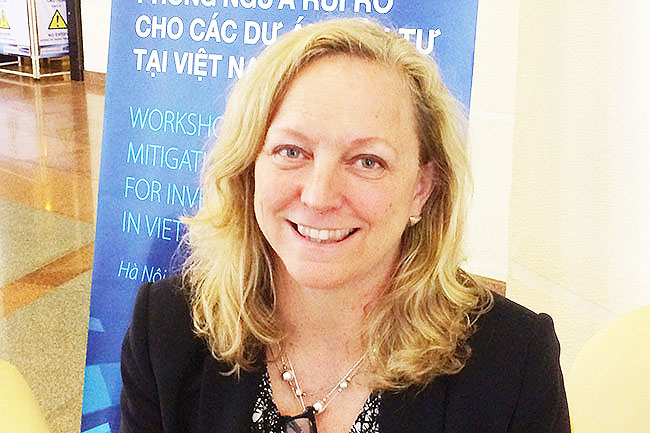 |
How is the Multilateral Investment Guarantee Agency’s (MIGA) investment guarantee programme different from any other investment guarantees?
The value added by MIGA is that first of all we’re part of the World Bank Group. So we’re working to support Vietnam in terms of sustainable development. And I think the second part is that we’re AAA rated, so we’re able to offer our guarantees in a way that supports banks and equity investors through our strong financial sustainability.
The third area is our track record. We’ve written over 800 guarantees, and we’ve only paid eight claims. And the reason for this is because we have a strong relationship with the World Bank Group, and therefore when a problem arises between the private sector guarantee holder and the [host] government, we’re able to come in and mediate with the goal of putting the project back on track. We don’t want to pay an insurance claim, we would much rather the project continue and have the development impact we expected.
For example, we cover breach of contract. Let’s say, for some reasons, the government doesn’t follow the contract. In such a case, we’ll go and assess the situation – maybe there is a good reason why the government hasn’t paid the contract. We would also need to speak to the private sector party, if they were not doing certain things that they were supposed to do.
In other cases, maybe the government is having some problem whereby we need to help the private sector party be more patient or help the government come up with a payment plan. So we try to do this type of mediation through discussion in order to get the project back on track.
We support a lot of large infrastructure contracts, and they’re long-term – around 15 years – so it’s natural that in that 15-year period some issues will come up. MIGA’s strength is that we can help mitigate risks for both sides.
What, specifically, is your investment guarantee scheme targeting in the local market? What are the risks associated with the local business environment that investors should be aware of?
For the Vietnamese market, we have two products on offer. One is our political risk insurance, we can cover breach of contact, the transfer and inconvertibility risks for moving from a local to a foreign currency, and transferring it out of the country. We can cover war and civil disturbance and expropriation. And this is what we’d use for PPP (Public-private Partnership) or bringing private sector investors to Vietnam.
The other product that we have used recently in Vietnam is our credit enhancement product, or non-honouring of sovereign obligation. For the Hoi Xuan hydropower project and the BT20 Highway, which we’ve worked on recently, we actually provide a counter-guarantee to the Ministry of Finance’s guarantee to the lenders. That allowed the lenders to report lower capital costs, and therefore provide longer-term financing at a more attractive price, so it made the project very cost-effective for the government, and ultimately the people, of Vietnam.
Why is it important for both foreign and local investors to have an investment guarantee on their projects in Vietnam and overseas?
It helps that MIGA can take care of the political risks, as this leaves private investors to focus on the commercial side of the business, which is often spread out over investment opportunities in several countries. They don’t have to worry about the political risks. They don’t have to wonder, “Will I be able to get my money out if there is some civil disturbance? Does the government have a track record of keeping its contracts? Is there a chance that the government will try to reduce the value of my assets somehow through its regulations?” I think that for a private company – if you have to think about investing in many different countries – you might only choose the least risky countries according to your own perception.
With MIGA removing the political risks, private investors can just concern themselves with operating their investments. That makes more investors comfortable with the idea of coming to riskier markets, or – quite honestly – markets that they don’t really know, because there is often an asymmetry of information: the investor may perceive risks, when the risks are actually quite low. In any case, even if the risks are only perceived, they may want to have some political risk insurance to mitigate them.
Can MIGA’s investment guarantee scheme boost foreign investment here?
I definitely think so. As I said, when companies are looking at Vietnam from overseas, they may perceive some risks; but if MIGA comes in as a partner, we can reduce these risks for them. So we can then make it more comfortable for them to come into Vietnam.
The other thing that MIGA can do is help Vietnam bring in more private investors for infrastructure projects. For example, if you are requesting bids, you can actually say that MIGA is available, and then these investors would be safe in the knowledge that if they win the bid, they can potentially work with MIGA to reduce the risks. As such, they may be more willing to bid.
We hope that over time, as we introduce those investors to Vietnam, they will become more comfortable with the environment and will come to fully understand actual risk levels. As such investors would be with MIGA over the long-term, this would broaden and diversify the investors in Vietnam.
What the stars mean:
★ Poor ★ ★ Promising ★★★ Good ★★★★ Very good ★★★★★ Exceptional
Latest News
More News
- Industrial parks within Vietnam keen on Taiwanese investment (April 17, 2024 | 23:00)
- Vietnam can emulate Taiwanese high-tech success (April 17, 2024 | 21:00)
- Capital influx from Taiwan builds up steam in Vietnam (April 17, 2024 | 19:00)
- Chip industry taking on new players (April 17, 2024 | 16:38)
- Support rises in semiconductor chip development in Vietnam (April 17, 2024 | 16:00)
- Beacon Investment Fund to expand Lotus Group's F&B operations (April 17, 2024 | 11:09)
- Public investment progress requires a stronger thrust (April 17, 2024 | 09:21)
- Disbursement delay deemed unacceptable (April 17, 2024 | 09:13)
- Lack of sand prompts alternatives for traffic projects (April 17, 2024 | 08:00)
- Vietnam asks Apple to make it global production base (April 16, 2024 | 16:11)

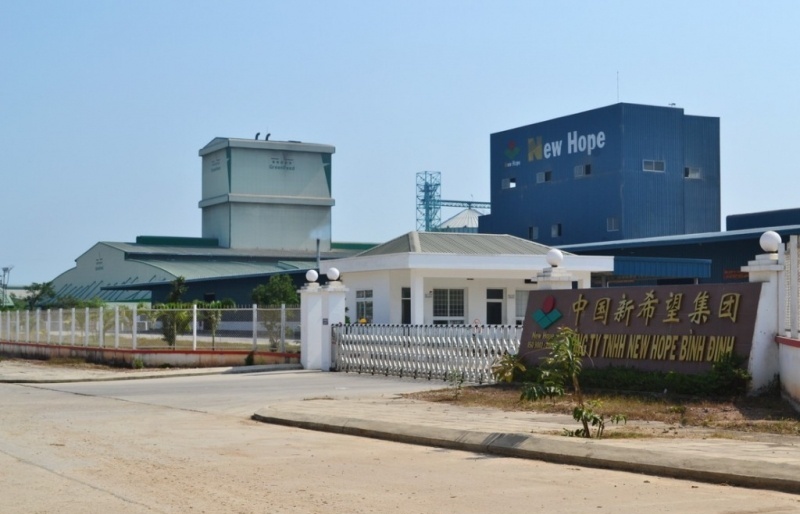
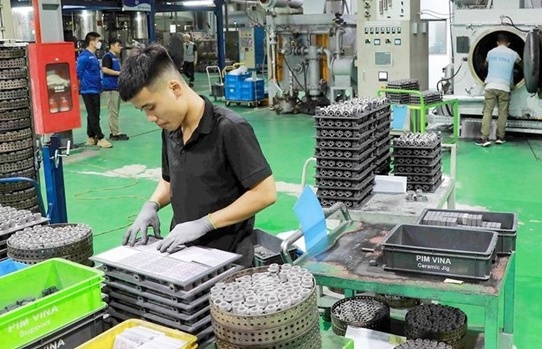
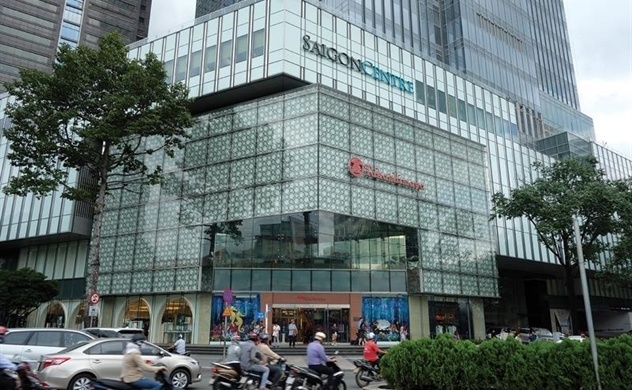
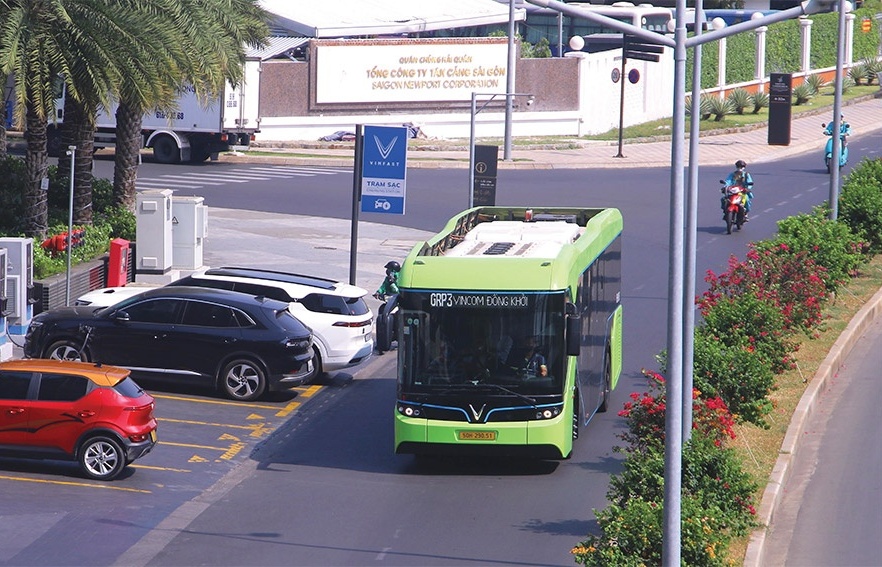
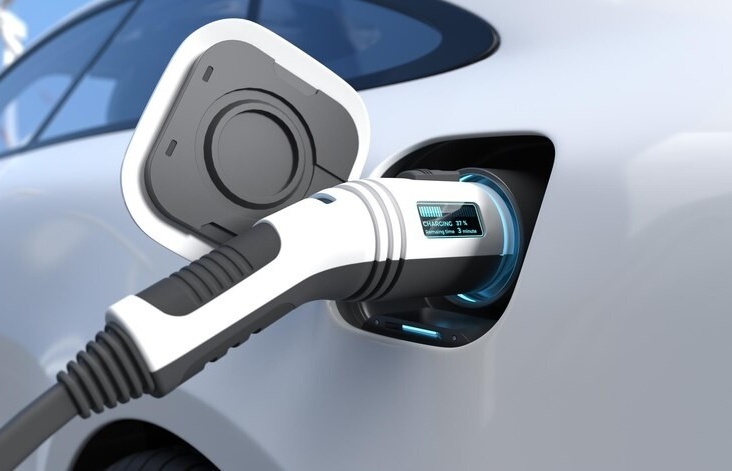
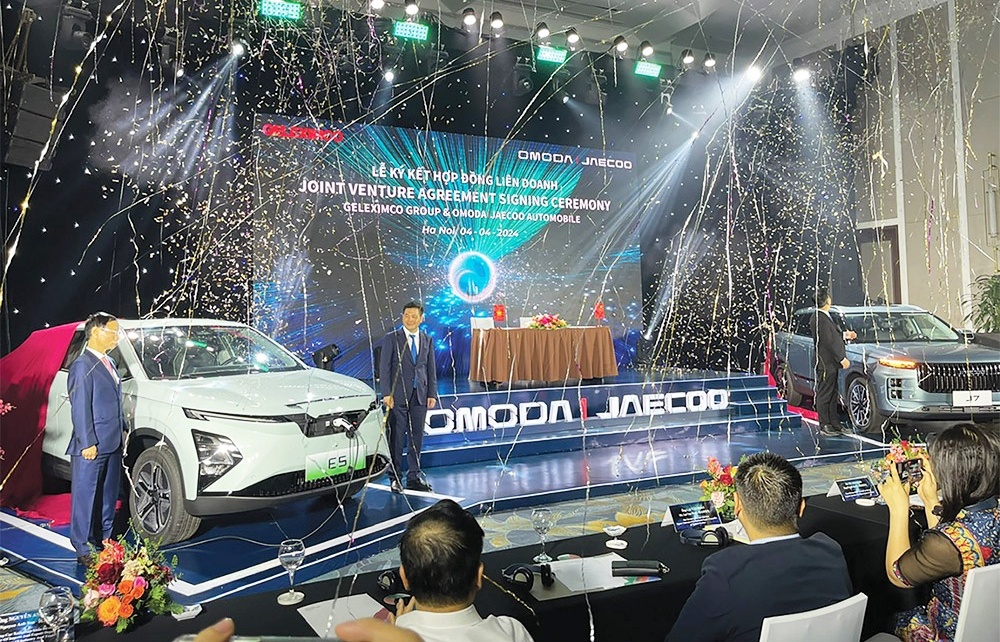


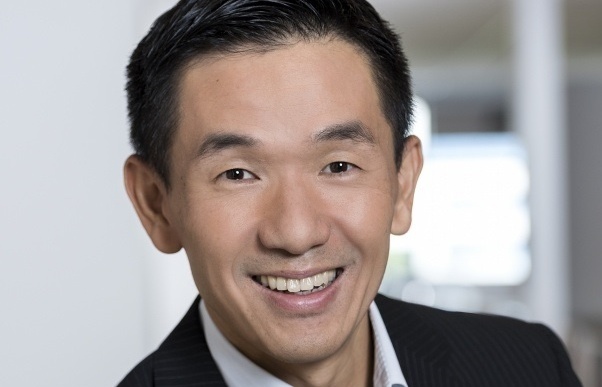
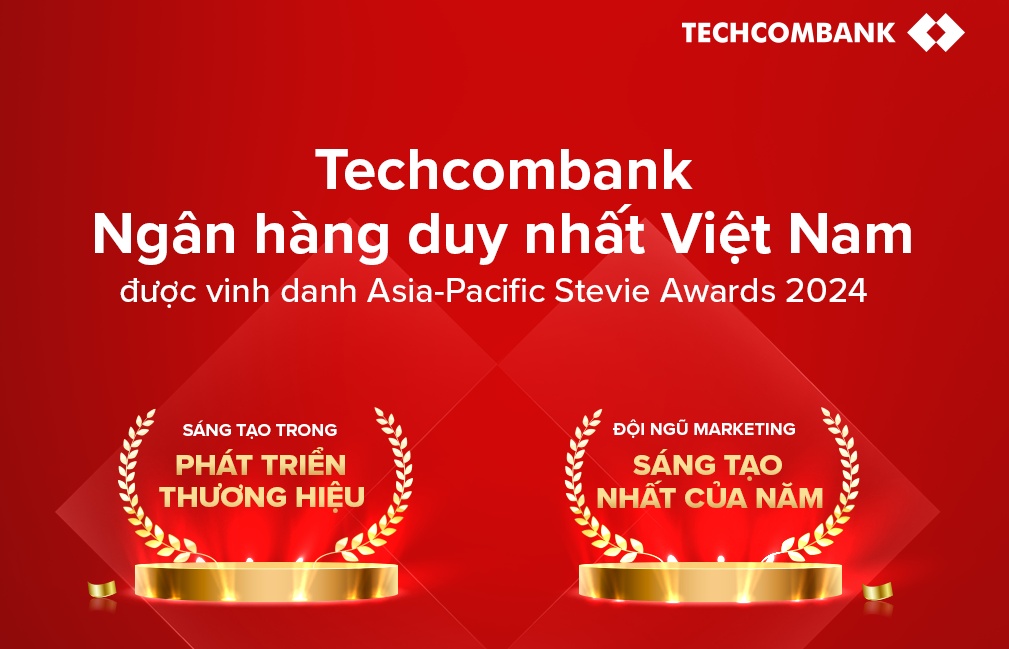
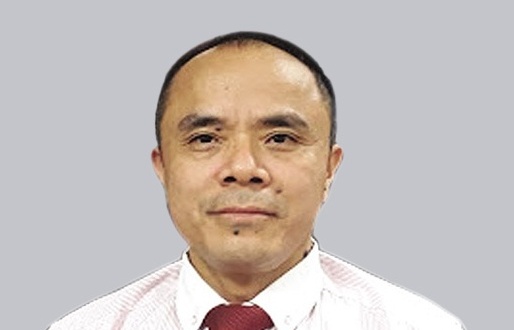



 Mobile Version
Mobile Version